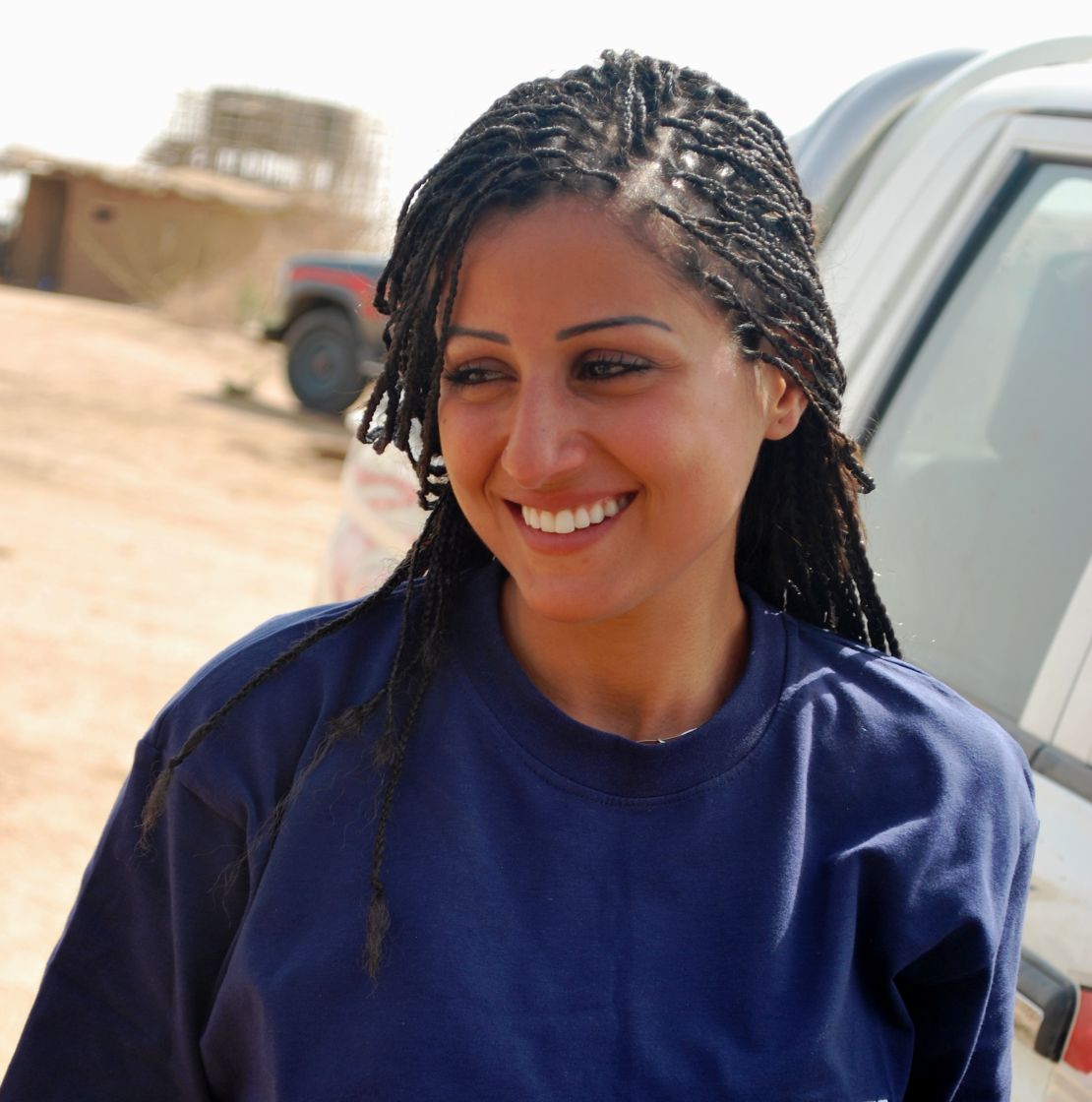Editor’s Note: Dania Gharaibeh works for U.S.-based aid group Relief International and has previously worked in the Middle East and North Africa for USAID, Freedom House and the V-Day organization. Her work has focused on working with activists to pressure governments and policy makers to tackle issues such as honor killings and other human rights crimes and violations.
Story highlights
Dania Gharaibeh: Condemning the act and its perpetrators does little to end the murders
As an aid worker, she blames the wealthy, powerful elite for failing to humanize the masses
She says feudal system in Pakistan is preventing equality and the chance to battle ignorance
Gharaibeh: Dehumanizing living conditions breed dehumanized people
The spotlight on so-called “honor” murders in South Asia and across the world in recent days has raised awareness about the deaths of countless innocent victims, but condemning the act and its perpetrators does little to end the murders or address the root causes of the problem.
I started my career as a gender specialist working in many countries where “honor” murders and other acts of violence against women often found considerable public support.
As a naïve and newbie rebellious activist, I never asked “why?”
Instead I set out on my activism by loudly condemning the culture of violence against women in these regions as if it were an isolated phenomenon from other longstanding gender-racial-religious injustices I witnessed.

British court convicts parents of murder in “honor” murder
Expressing my horror and repulsion of “honor” murders with like-minded colleagues made me feel righteous and involved.
But the more I focused my outrage on the perpetrators, the more I sensed a growing divide between “them down below” and “us up above.”
Husband issued death sentence after I asked for divorce
Of course, I was part of the “us” – the humane, the educated, the egalitarian.
Today, I am an aid worker in Islamabad, Pakistan. It’s a job that has exposed me to the dehumanizing effects of war, poverty, economic disasters, and natural calamities.
I have seen dehumanizing living conditions breed dehumanized people.
The outcome is a nation where tens of millions of people live without their most basic needs being met. Every day I see Pakistanis robbed of their dignity, their hope, and ultimately their sense of significance.
I believe every human being instinctively yearns for a sense of significance – a reason why their absence or presence matters.
In a culture where systematic dehumanization through corruption-fueled poverty makes a sense of self virtually impossible, I have found that it’s useless to merely condemn those seeking it by being an “honor” killer or a “protector of the Holy Book” or even a “suicide bomber.”
Instead, I blame the wealthy, powerful and educated elite for failing to humanize the masses. Not with charity and altruism – which are acts that still preserve the “us up here” and “them down there” divide – but by demanding true political, economic and institutional change.
I am well aware of the stakes at hand.
A large section of Pakistan’s powerful elite is made up of landlords exploiting a deeply rooted feudal system. Today, the feudal elite is entrenched in Pakistan’s political system.
For the feudal elite to eradicate poverty and ignorance, they must conjure the political will to create equality by pushing for land reform. They must pay for education and social welfare programs by enacting new tax laws. And they must demand transparency in government to end corruption.
These drastic policy shifts are likely counterintuitive to the power elite’s longstanding views on governance, but a solution to “honor” murders and the many injustices and inequalities in Pakistani society starts here.
Follow @CNNOpinion on Twitter.
Join us at Facebook/CNNOpinion.
The opinions expressed in this commentary are solely those of Dania Gharaibeh.


